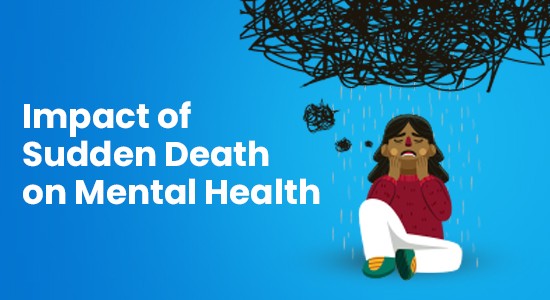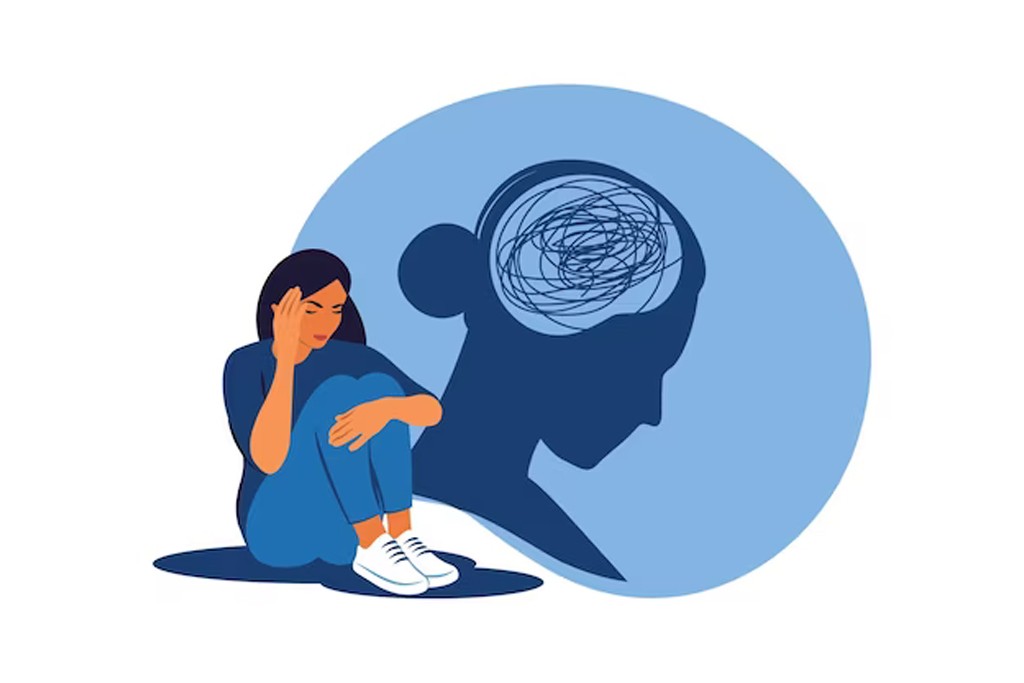Impact of Sudden Death on Mental Health
Impact of Sudden Death on Mental Health
The sudden and unexpected loss of a loved one is a life-altering event that can have a profound impact on an individual’s mental health. Whether caused by accidents, medical emergencies, or other unforeseen circumstances, sudden death shatters the familiar routines and expectations, leaving survivors grappling with a range of complex emotions.
The Emotional Tsunami: Grief and Its Variations
Grief is a natural response to loss, but sudden death can intensify its emotional impact. Shock, disbelief, and confusion are common initial reactions, often giving way to a rollercoaster of emotions including sadness, anger, guilt, and even numbness. The absence of a chance to prepare emotionally can complicate the grieving process, sometimes leading to unresolved feelings that resurface over time. Individuals may experience prolonged periods of sadness, making it essential to acknowledge and express their emotions to facilitate healing.

Post-Traumatic Stress and Anxiety
Sudden death can trigger post-traumatic stress disorder (PTSD) or exacerbate existing anxiety disorders. Witnessing or being present during a traumatic event, or even receiving the news of a loved one’s sudden death, can lead to intrusive thoughts, flashbacks, nightmares, and heightened anxiety levels. These symptoms can significantly impact daily functioning and disrupt one’s sense of security.
Impact on Physical Health
The mind-body connection is evident in the aftermath of sudden death. Grief and stress can lead to physical symptoms such as fatigue, headaches, sleep disturbances, and changes in appetite. The immune system may also be compromised, making individuals more susceptible to illnesses. Engaging in self-care practices, maintaining a healthy routine, and seeking medical attention when necessary are crucial steps in minimizing the negative impact of grief on physical well-being.
Social Isolation and Relationships
Sudden death can strain social relationships in various ways. Friends and family may struggle to provide adequate support due to their own grief, creating a sense of isolation for the bereaved. On the other hand, some relationships might strengthen as individuals come together to provide comfort and understanding. Open communication and seeking professional guidance can help navigate these complex dynamics, ensuring that relationships remain a source of solace rather than additional stress.

Coping Strategies and Support
During the grieving process, individuals can benefit from utilizing effective coping strategies and seeking support. Engaging in activities that bring comfort and solace, such as exercise, creative outlets, or spending time in nature, can help regulate emotions. Connecting with support groups, therapists, or counselors specializing in grief can provide a safe space for sharing experiences and receiving guidance on navigating the emotional journey.
Conclusion
The impact of sudden death on mental health is far-reaching, affecting individuals in intricate and sometimes unexpected ways. Acknowledging the intense emotions and seeking appropriate support are vital steps towards healing. While the journey to recovery might be challenging, it is important to remember that there is no set timeline for grief. Every individual’s experience is unique, and seeking professional help when needed is a sign of strength. By fostering understanding, compassion, and patience both for oneself and for others, those grappling with the aftermath of sudden death can gradually find ways to rebuild their lives and honor the memories of their loved ones.


